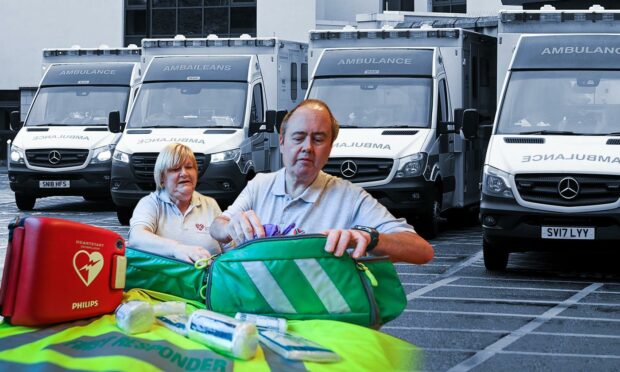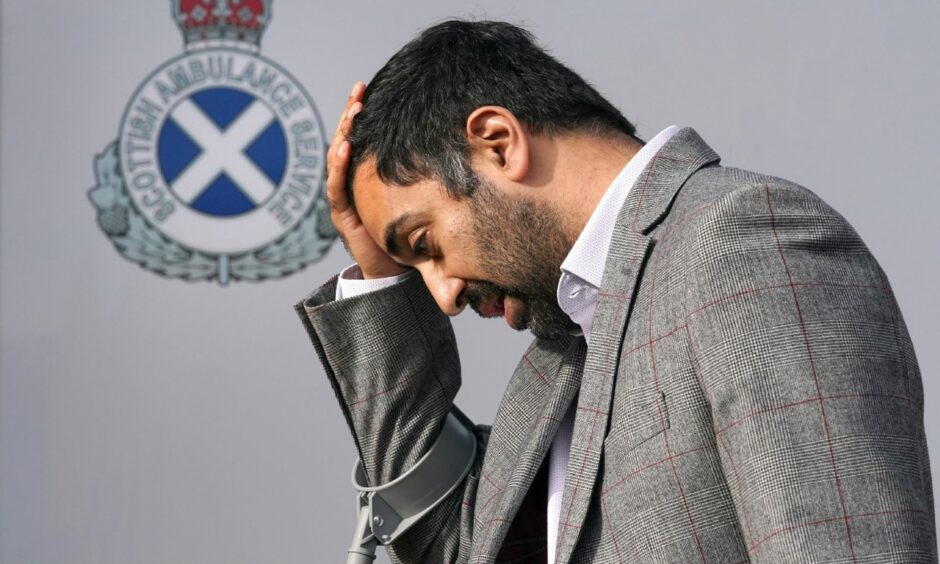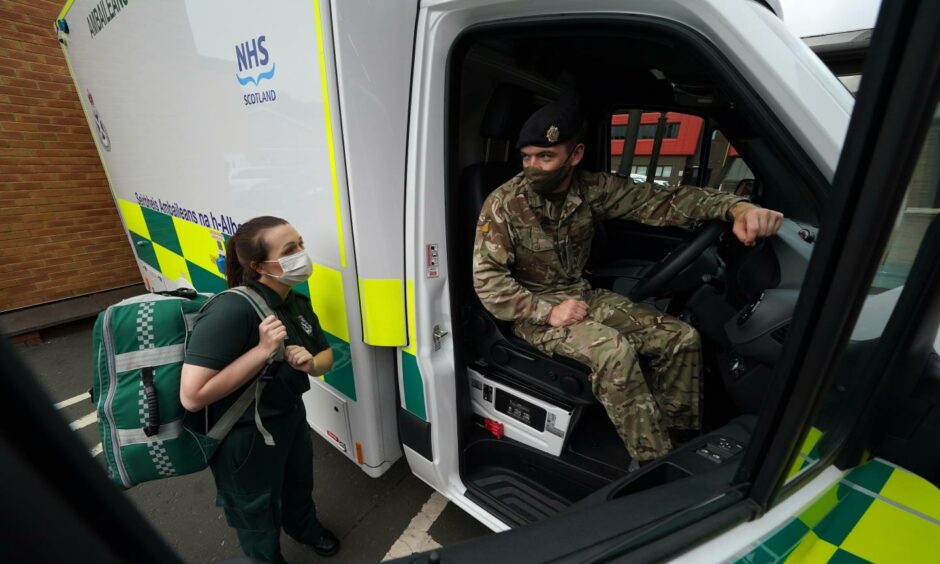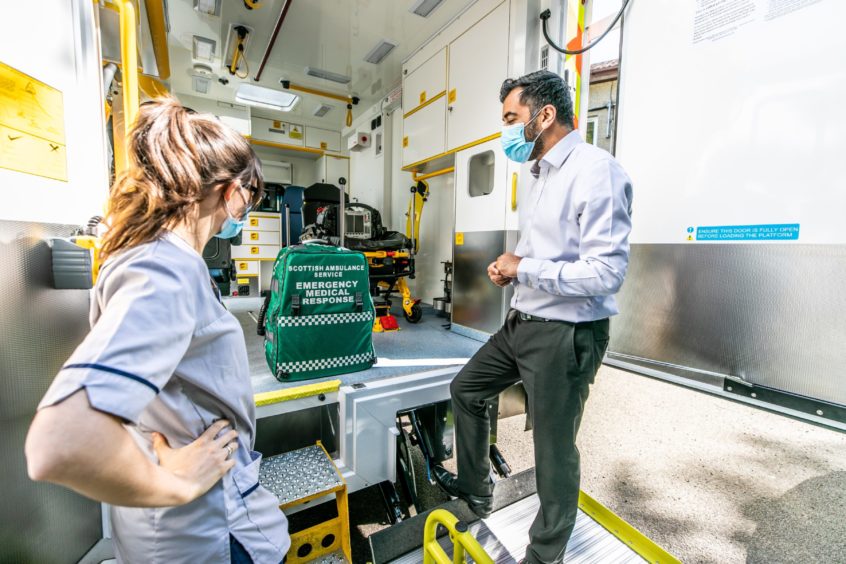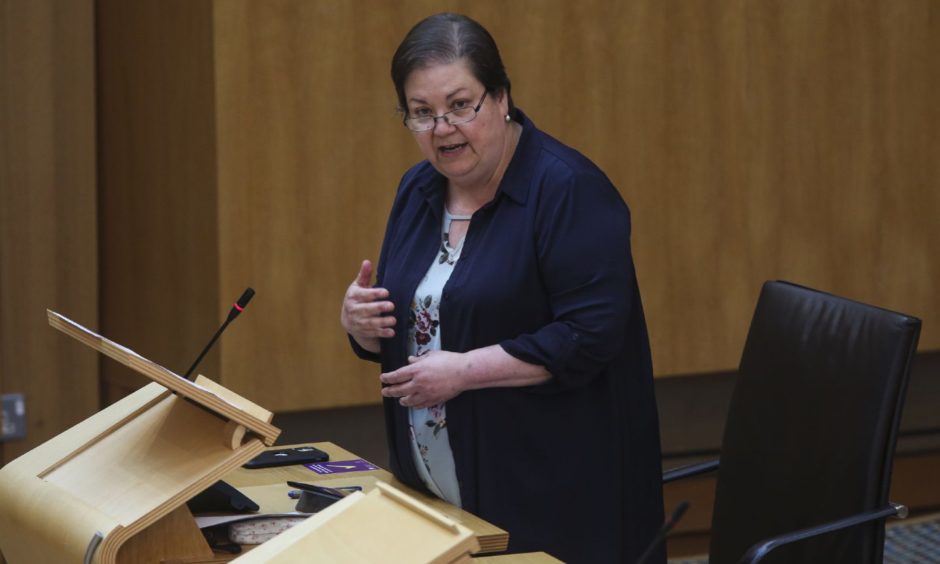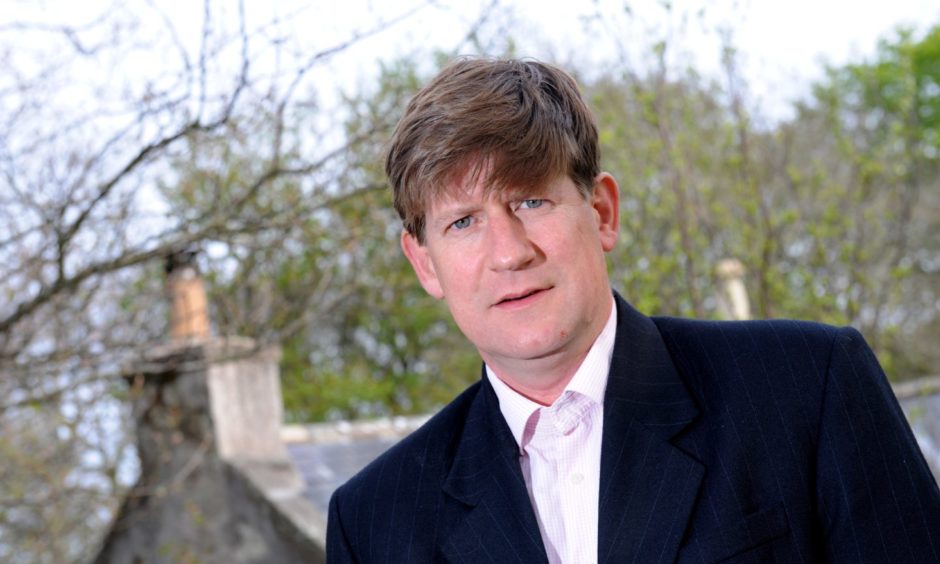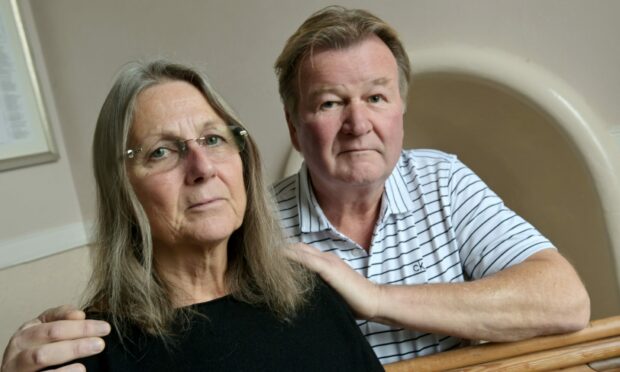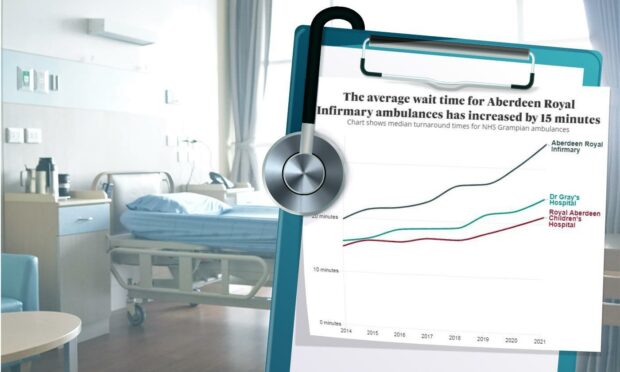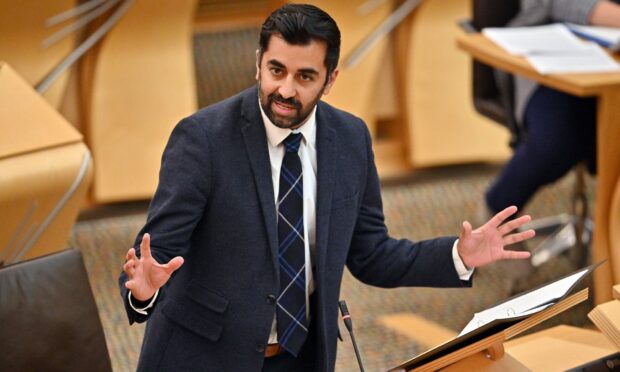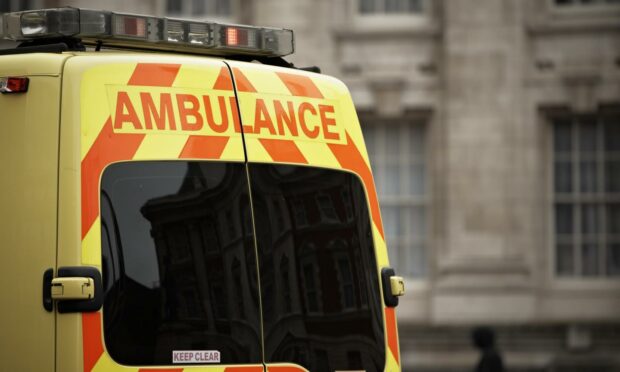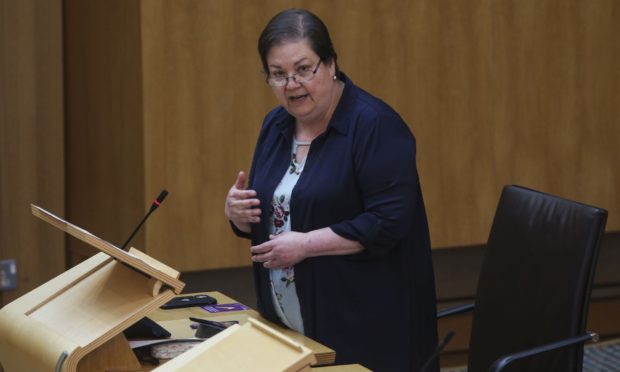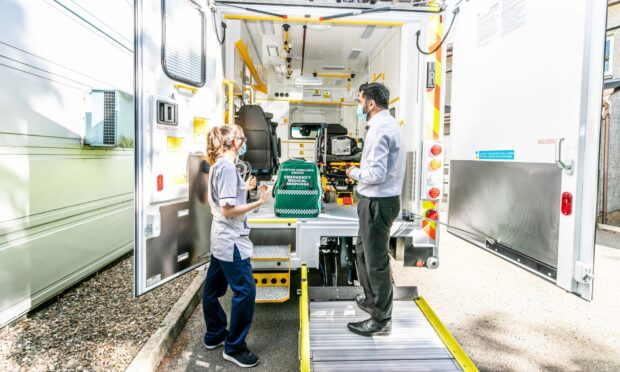Ambulance bosses are facing calls to bring community first responders “in from the cold” and set up a Territorial Army-style network of volunteers to help avoid a repeat of the “chaos” currently hitting the service.
Emergency crews have been pushed to the limit by hospital bed cuts and the Covid pandemic, with workers forced to wait up to 24 hours to offload patients into rammed A&E departments and staff being asked to work up to 10 hours without breaks.
Hundreds of firefighters, military personnel, students and taxi drivers have been drafted in to help amid warnings of a “bleak” winter for the NHS.
Meanwhile, union leaders have warned the whole ambulance service is a “small sprinkling of snow” away from grinding to a halt, with crews facing “the most extreme circumstances we’ve faced in over a decade – if not longer”.
Community First Responders (CFRs) are locally-based volunteers sent out to medical emergencies where a quick response time is invaluable and paramedics may take longer to arrive, including for cardiac arrests, chest pains, strokes and choking.
The first response system came to halt during the first Covid-19 lockdown last year but volunteers have raised concerns over their lack of involvement in helping to bail out the ambulance service during its current woes.
Seriously underutilised
One north east community first responder, who asked not to be named, said colleagues across the country have been “ignored” by bosses during the crisis.
The lifesaver, who set up and helped finance his own team, described CFRs as a “vast resource that has been seriously underutilised” and said even the small number who have been called in have sometimes been asked to clean vehicles rather than save lives.
He said many of his colleagues, particularly those who underwent earlier FPOS Intermediate training – before the ambulance service introduced its own “inferior” version – could do far more than personnel being drafted in from other services.
“If the ambulance service wants to deal with these difficult situations when they arise, what they should be doing is running their own version, through the first responders, of the Territorial Army,” he said.
“They keep saying they want help for this or help for that but they’re not asking us. All they keep saying to us is to sign on with the control room and all we’re expected to do is sit around and see if something happens.
“They only call us out for certain things but we’re capable of doing a lot more. They have effectively ignored all their own volunteers who are trained to help.”
‘Not valued at all’
The experienced volunteer said CFRs have been left to feel “undervalued or not valued at all” during the crisis when they could have instead been out helping to save lives.
“The frustrating thing for us is that they’re calling in everyone and their brother to help except their own people,” he said. “We’ve been trained to handle more than the army guys have in these kinds of situations.
“We’re familiar with the paramedics, we’re familiar with the equipment they use. We would be able to assist them in a whole range of things.
“There is a wealth of knowledge and experience within their own people that they just haven’t called up, and that’s where the frustration comes from.
“I’m actually thinking of giving the whole thing up. If they’re not prepared to use us and train us properly then what’s the point?”
Deeply worrying
Scottish Labour deputy leader Jackie Baillie said it is “deeply worrying” to hear first responders in the north east feel ignored when services are in “chaos” across the country.
“We need all hands-on deck to tackle this crisis,” she said. “That’s why these vital first responders must be brought in from the cold.
“We need a rapid expansion of the support available to our ambulance services and the health secretary must continue to be willing to deploy the army where necessary.”
The crisis in the wider health service also shows no signs of abating, with NHS Grampian this week becoming the third Scottish health board to ask the military for support as it tries to cope with staff shortages.
Aberdeenshire West MSP Alexander Burnett has met responder service members to discuss emergency cover in his rural constituency, during and prior to Covid-19.
A critical resource
The Scottish Conservative said: “First responders are a critical resource across the north east and other parts of Scotland with significant rural populations.
“Before the pandemic, they supported the Scottish Ambulance Service and shaved vital minutes off response times when they were needed most. Those volunteers undisputedly saved lives.
“If their experience is now being underutilised, it’s only right that volunteers are encouraged to contribute.
“Given the immense problems faced by the ambulance and NHS Grampian, it would be a mistake not to keep key skills in reserve.”
Respected across the service
A Scottish Ambulance Service spokeswoman said the contribution of CFRs is “highly valued and respected across the service”.
She said: “Unlike Special Constables or Army reservists, being a CFR is a flexible volunteering opportunity as we place no minimum commitment on them other than an undertaking to maintain basic lifesaving skills through regular training.
“We engage regularly with our volunteers and are committed to working together to maximise how we best utilise their skills, training and availability during these current challenges.
“We also want our volunteers to maintain an appropriate balance between their volunteering support to the service and any primary employment and other commitments.”
The spokeswoman added that the ambulance service “welcomes any additional availability that our CFRs can an offer during this challenging period and many of our volunteers have responded positively”.
The Scottish Government declined to comment.
